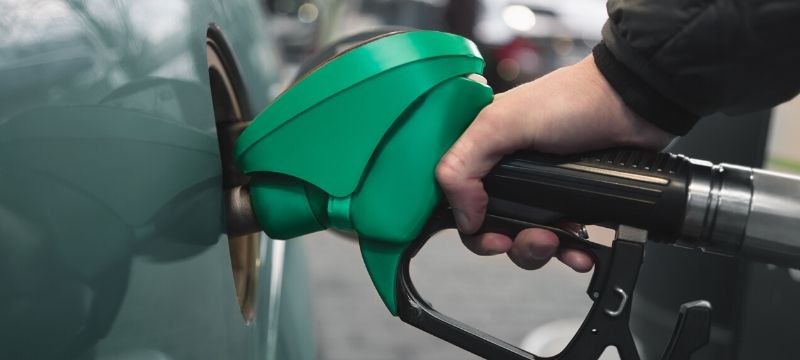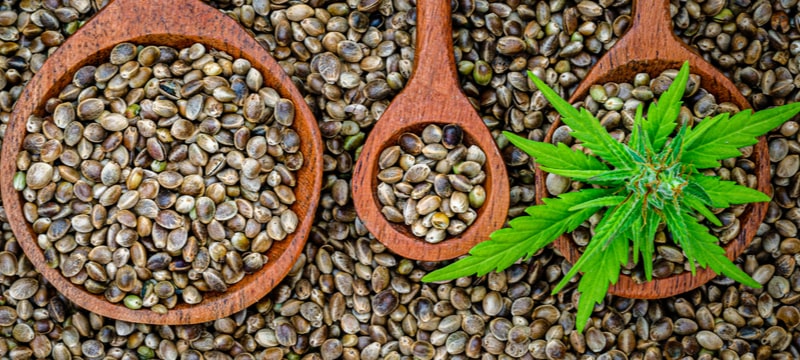
Adding carbon emissions, air pollution and habitat destruction to the fact that fossil fuels are finite and ever-depleting in supply only compounds the need to be discussing alternative fuels immediately. A problem exacerbated evermore as population rises, the sheer fact that we still plunder the earth for fossil fuels (accounting for 90% of our energy consumption) could quite possibly be one of the more mindless feats that humans have achieved.
Coal, oil, and gas have all been major players in the development of the human race as we know it, but continued use may well result in humanity’s demise (or at least life as we know it). Not the nicest topic to be discussing, but a very real problem in our immediate futures.
While no one is suggesting that hemp would even come close to replacing fossil fuels in our immediate future, it could very well be a key component in our bid to reduce our dependence on them. Alongside electric vehicles and other alternative fuel crops, such as palm and soybean, we may start to see the rise in hemp production solely for the purpose of its ability to be made into an alternative diesel for our vehicles.
Table of Contents
What is hemp biodiesel?
Hemp biodiesel is produced from the pressing of hemp seeds in order to extract the oils and fats which make up 30% of their make-up. Using a relatively simple chemical process called transesterification, the pressed oil can be transformed into biodiesel that can directly replace diesel produced from crude oil used in conventional diesel engines.
Industrial hemp, or Cannabis Sativa, is the same plant that is grown to make CBD oil and has been used for millennia for its fibrous and medicinal properties. It has the ability to grow in infertile soil, hence the nickname ‘weed which has THC’, and subsequently, it can naturally fertilise the land to allow for the growing of food crops in alternating cycles. Hemp can grow without a great need for water or fertilizers and also sequester CO2 in the air, naturally helping to reduce carbon emissions that are a cause of the greenhouse event and global warming.
Richard Parnas, a professor of Chemical & Biomolecular Engineering from Sichuan University states, “If someone is already growing hemp, they might be able to produce enough fuel to power their whole farm with the oil from the seeds they produce.” This also leaves the rest of the hemp plant to be used for some of its many other uses e.g. for fibre.
Hemp ethanol biofuels
Alternatively, the whole of the hemp plant can be fermented to produce another fuel; ethanol. This process was first popularised by Henry Ford who had originally cultivated hemp for the production of ethanol to power his vehicles in 1908 when he released the Ford Model T.
Hemp ethanol has the potential to be the least expensive energy source because almost every country in the world has the power to produce it, compared to fossil fuels which are only located in specific locations in worthwhile quantities.
Ethanol is much more ecologically effective than other fuel sources because it results in significantly lower levels of harmful toxins released into the environment. Hemp ethanol can be mixed with petrol in an 85:15 ratio which does effectively the same job as petrol alone but burns much cleaner. The petrol is still needed in the mixture to help ignite the fuel initially, particularly in cold conditions where ethanol can be more difficult to start burning.
However, hemp ethanol never really took off due to the scale in which hemp would need to be manufactured and processed, which requires lots of land and it doesn’t grow all year round. Comparatively, fossil fuels are sourced from crude oil which can be extracted all year round and only need to be processed before being used as a fuel, not grown or manufactured.
What is the future for hemp biofuels?
There’s no doubt that both fossil fuels and hemp biofuels have their advantages and disadvantages, but one is finite and depleting at an ever-increasing rate, as well as being a cause of a large proportion of global warming. The other minimises global warming, is renewable and can continuously be produced as needed.
Hemp is ecologically prosperous compared to fossil fuels, but not as economically viable due to a myriad of reasons. If the demand for hemp increased dramatically overnight and its production was incentivised for use in fuels, the cost of hemp would also rise. The number of farmers growing hemp would increase, but this would also reduce the number of farmers producing food supplies, which would increase the price of food globally.
Realistically, the introduction of hemp as biofuel needs to be a gradual and costed process to ensure it doesn’t have a major effect on the global economy, with ecological impact weighed alongside as a time limit for introduction. The answer appears to be a combination of electric vehicles, hemp biofuels and fossil fuels. None of which are completely carbon neutral, but with the alternatives to fossil fuels being much better for the environment.




